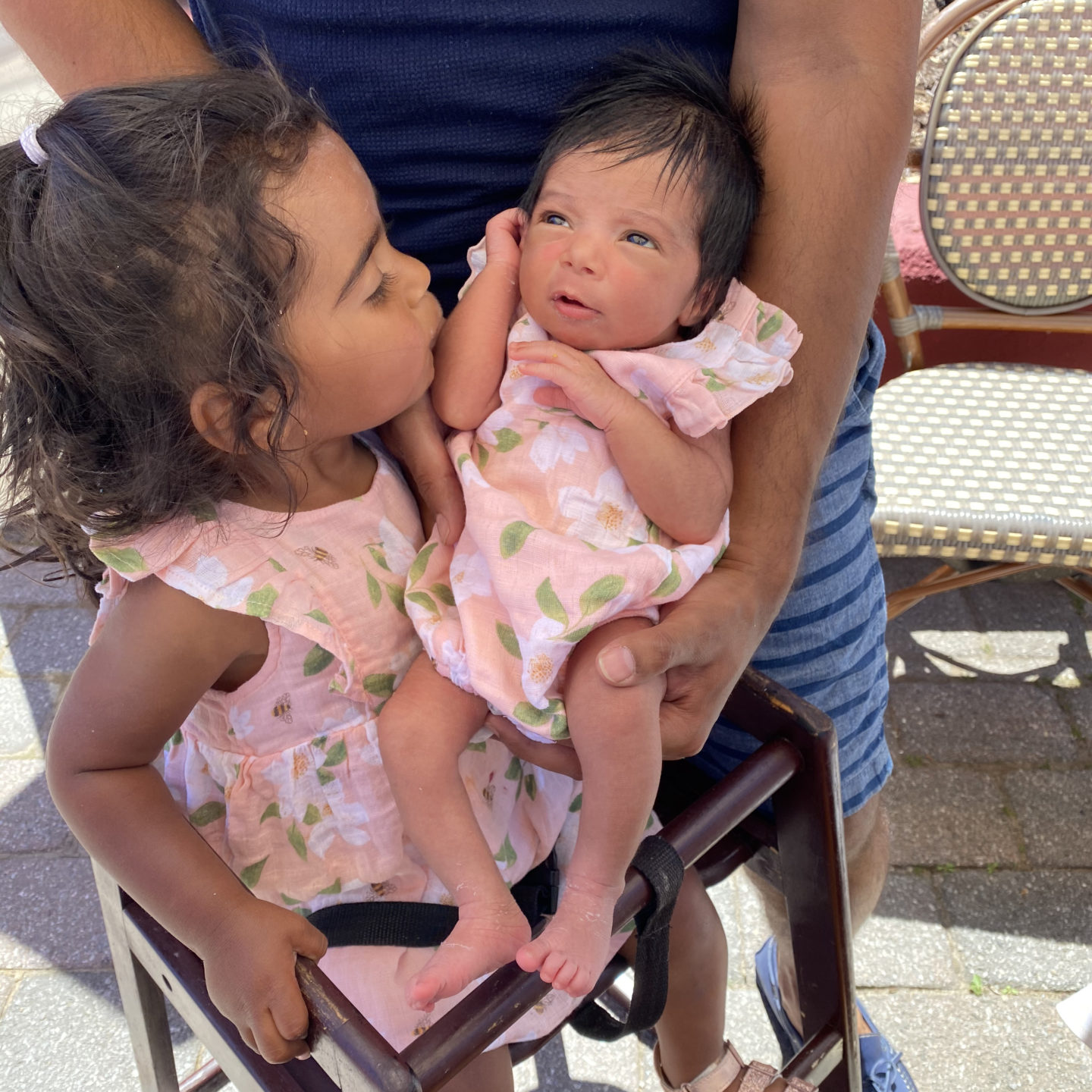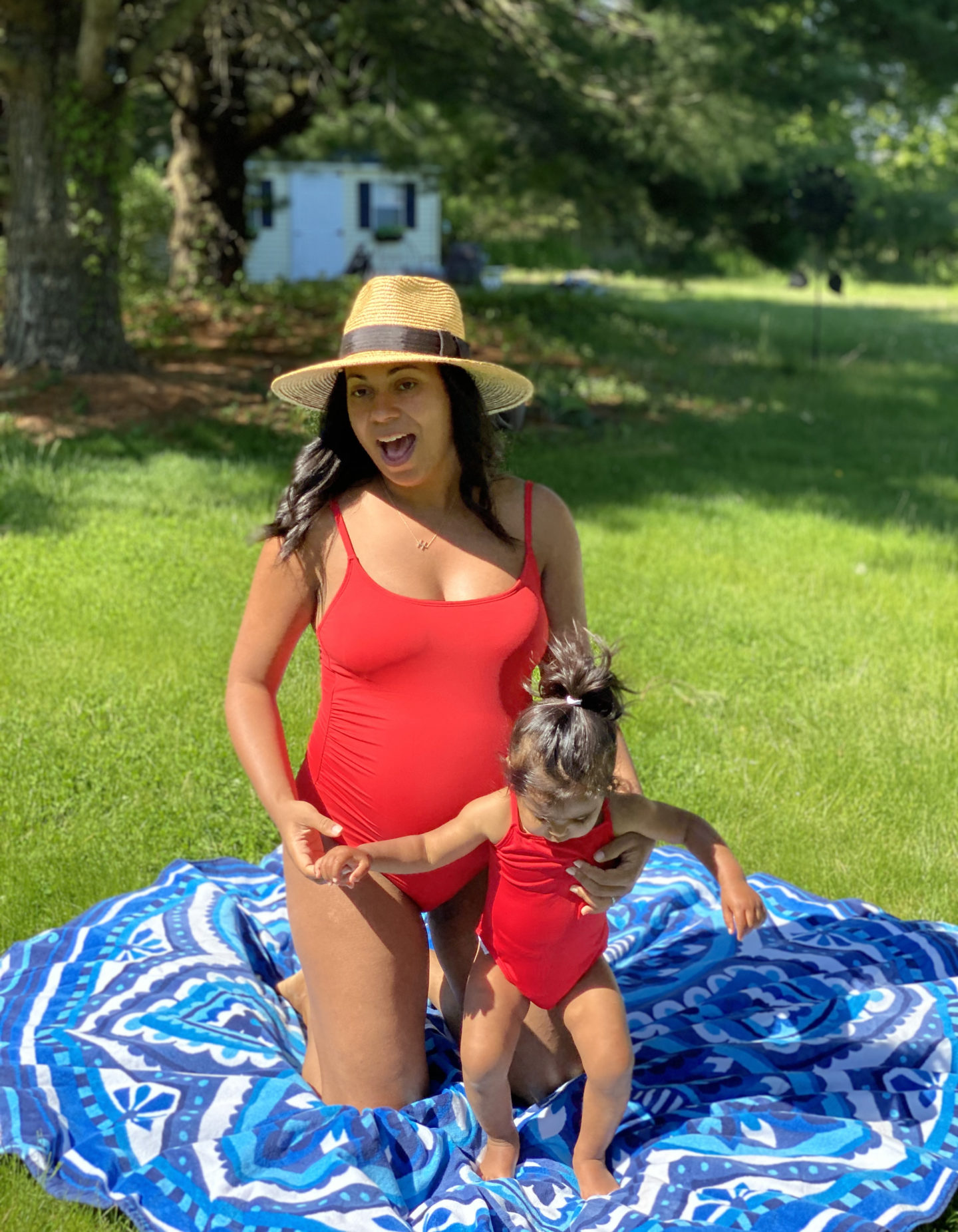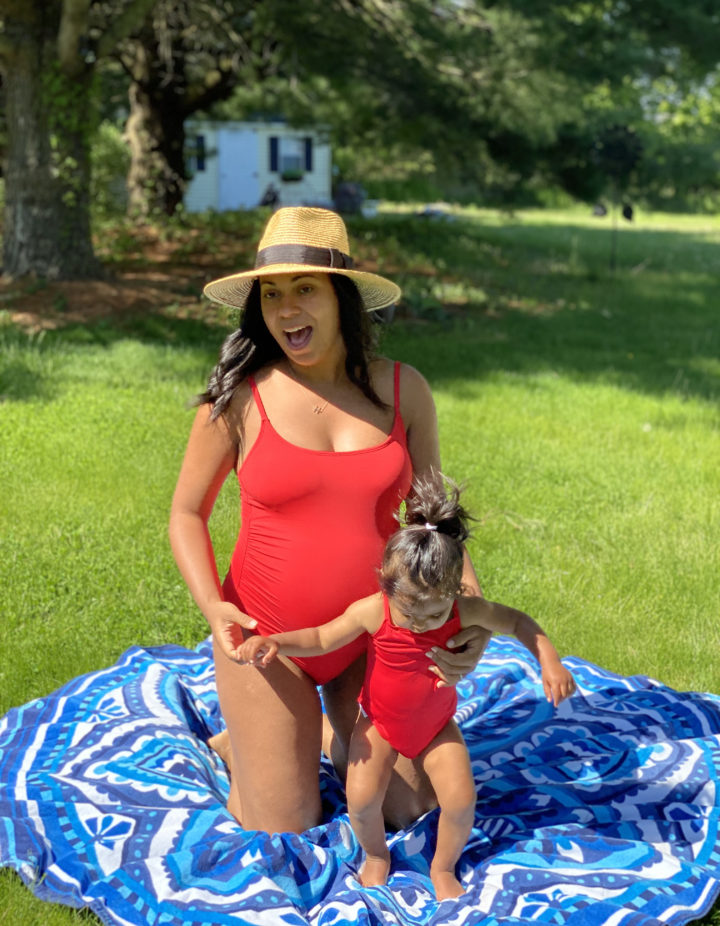As a woman of color, I’ve always struggled with racial identity. I’m half-Puerto Rican and half-Black, and being biracial has created a unique set of challenges in that I’ve never quite fit into any one group. But the older I get, the more I realize that it’s a unique advantage to fit in everywhere.
I grew up in a predominantly white community and didn’t see real diversity until I went to college in New York. While my exposure to racism was limited, I certainly remember a few experiences. One time, I was called out. And by “called out,” I mean my mom was called out of work to take me to the mall to change clothes. Apparently I had violated a dress code during exams at my private school, even though my white friends were dressed similarly. Following that experience, I became part of my institution’s student government and changed how we processed violations of any kind.
Fast forward two decades, and my second daughter was born on June 2, 2020, a day that will be remembered as #blackouttuesday – a name born from the #theshowmustbepaused initiative and led by two Black women in the music industry to call attention to the long-standing racism and inequality existing in their business. At the hospital, I was acutely aware of the events taking place outside and I started thinking. I started thinking about the white supremacy pervading our country, as well as racial disparities in pregnancy and childbirth, and the lack of access in postpartum care for Black and non-Black women of color. Even in terms of breastfeeding, Black women lack adequate support systems to help them nurse their children. The wage gap forces them back to work, while white mothers and non-Black mothers of color can be home to recover, and bond and care for their children. I am doing that as we speak, and I’ve realized how my situation is considered a luxury.
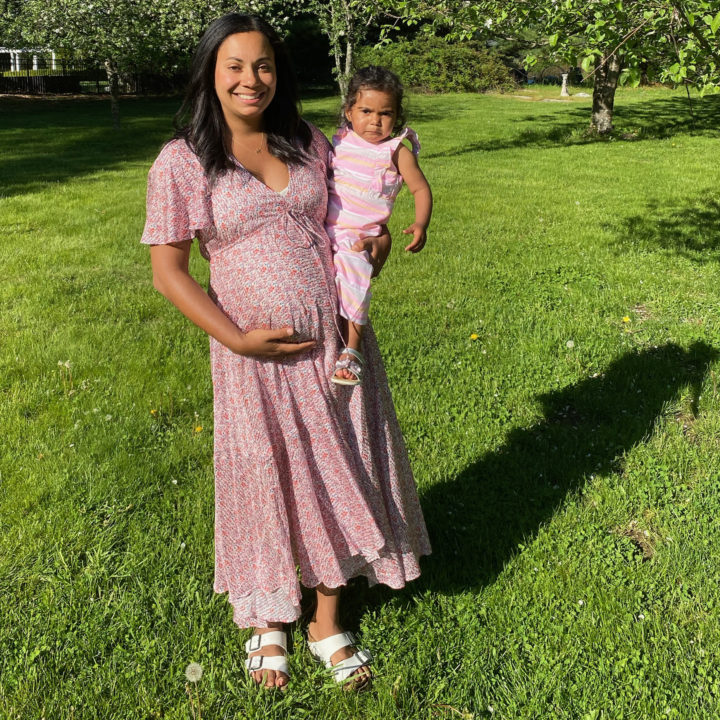
All photos by Melissa Conner
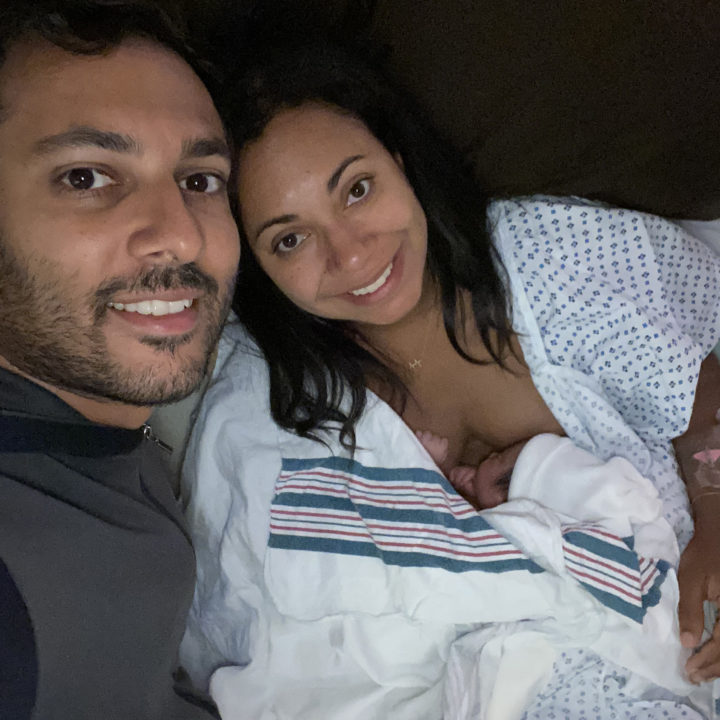
The more I’ve thought about my role in the racial disparity, the more horrified I’ve grown at the idea that I rarely, if ever, have tried to stop the systematic racial injustice, marginalization and oppression going on around me. I didn’t correct colleagues when they made insensitive or racist remarks. I didn’t speak up when someone or something was called “ghetto.” I ignored how my own father could have died at the hands of police brutality. That changes now. I will no longer be passive. I owe it to my daughters to create a world that will deserve them.
As my family prepares to move to a predominantly-white town in Connecticut, I’ve started strategizing how I can help the cause. I plan to donate my time and resources at the town level to help shape our community for the better. I know what I can do for the movement, and that in serving as an ally, I can be a safe space for white and non-Black people of color to ask questions, learn, listen and make sure we get the change we want. Every single one of us — including us mixed Black people — have to determine our role in this revolution and how we will respond. My daughter’s birth will remind me of my obligation and duty every day. Her name is Grace, by the way. I think that’s something we all need some more of.
